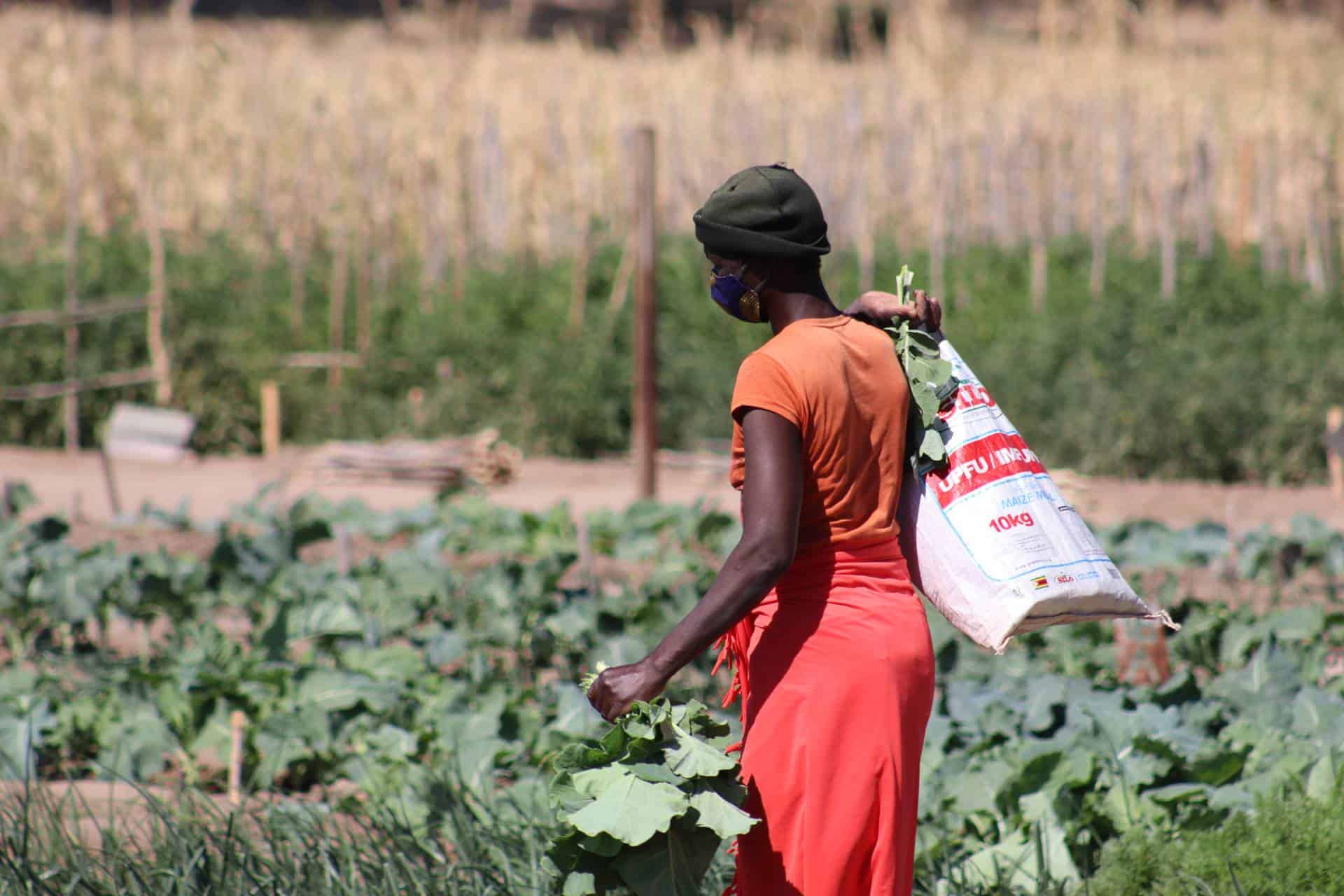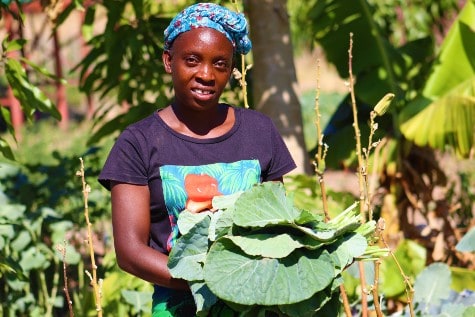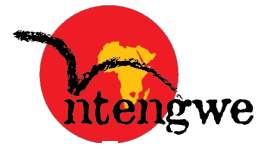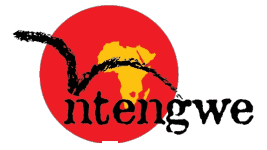Women play an essential role in Biodiversity Conservation for Future Generations
Matabeleland North is home to a rich diversity of flora and fauna. From the Zambezi Valley to Lupane, Hwange districts to the Victoria Falls, these regions are an irreplaceable refuge for indigenous communities and animals who live there.
Despite its rich potential, biodiversity in these regions is in serious decline and in some instances faced with extinction. Changes in land use, direct exploitation, climate change, pollution, invasion of alien species, population growth, extensive agricultural practices, rapid urbanization, infrastructure development and illegal wildlife trafficking are among the key drivers of the phenomenon.
Women in these regions are among the first to experience the devastating impact of this extinction pandemic. Biodiversity loss forces women and girls to spend more time and travel greater distances to collect water, wood for fuel, and animals and plants for food and medicine. This in turn sets them further back in receiving an education and generating a liveable income and makes it harder for them to have a say in the conservation and management of their communities’ natural resources.
We ensure that women, who tend to be primary caregivers, land managers, and resource users, have an equal voice in decision making when it comes to the sustainable use of land, water, and other natural resources.
In light of the biodiversity crisis we face, we take every step to urgently accelerate this pace now, striving to expand the ranks of women and girls on all fronts, particularly in the Binga, Hwange and Lupane regions where women still face inequality.
The Community Led Sustainable Livelihood Response (CLSL) project, funded by the Welsh Government’s Wales and Africa Grant Scheme, and supported by Christian Aid ensures economic justice, focusing on women’s economic empowerment for women smallholder farmers that were grossly affected by the COVID-19 pandemic, climate change and biodiversity loss by giving grassroots women their rightful place in leading and healing their lands, raise awareness on regeneration of forests and ecosystems, target tree planting and establish native nurseries, support horticultural operations, drill boreholes and support agroecological gardening to build biodiversity and prevent ecological harm and to strengthen production, processing and marketing dynamics.

Women play a much stronger role than men in the management of ecosystem services and food security.
We are challenging the root causes of the climate crisis while addressing its gendered impacts.
This is why we invest in locally-led adaptation to create more effective, context specific solutions by shifting power and resources to local grassroots women groups so they can choose the solutions that work for their communities.
Women at the frontline of climate change use local knowledge and experiences, and combined with scientific information these women build resilience and are creating a more equitable, resilient society – and, in turn, more lives are saved, there is less hunger, and more opportunities.
Climate change is one of the greatest threats to our communities who contributed the least to cause the problem – especially women living in poverty and in vulnerable areas – are the most affected by climate disasters. Yet despite these impacts, those same women on the frontline rarely have a say in the decisions made to protect themselves, their families and communities from climate impact.
By safeguarding the rights of the most vulnerable we work collectively to shift to a world where local actors, including poor and marginalized populations, have the power to shape their own future.
 In Damba village, in Zimbabwe’s Hwange district, for example, climate change drives frequent droughts that dwindle the water supply, leading to food shortages and low pasture for the animals. To proactively address this problem, grassroots women groups started planting indigenous trees to retain water, improve the soil, and create shade to prevent soil degradation.
In Damba village, in Zimbabwe’s Hwange district, for example, climate change drives frequent droughts that dwindle the water supply, leading to food shortages and low pasture for the animals. To proactively address this problem, grassroots women groups started planting indigenous trees to retain water, improve the soil, and create shade to prevent soil degradation.
To support local communities, we channel Community Resilience Funding in the form of cash or material inputs to grassroots women groups living in risk prone poor communities. Collectively grassroots women groups, map, develop plans and solutions to reduce vulnerabilities arising from climate shocks, for example: they use adaptive forms of managing water, environmental conservation (forest and soil protection), and agriculture.
More women now advocate for ecosystem-based adaptation for joint community action for sustainable management of natural resources, sustained livelihoods, food, fibre, conservation and restoration of ecosystems, and they address policy issues with local and national governments to include ecosystem-based adaptation into national planning and service delivery.
Women band together to save the environment
 We seek to inspire grassroots women leaders, young people and communities to restore and protect nature to protect crops, water supplies and infrastructure.
We seek to inspire grassroots women leaders, young people and communities to restore and protect nature to protect crops, water supplies and infrastructure.
Together, community groups and governments use environmental mainstreaming tools such as strategic environmental assessments and environmental impact assessments in planning and policy, project and program delivery, and ensure that these tools incorporate adaptation considerations and an ecosystem approach.
Agriculture is the key player in the economy of women-led enterprise with women farmers most affected by climate change. We have been playing an important role to support women-led enterprises.
- Over 400 women self-help groups (who are setting up their own savings and loan fund), small scale farming groups, and women-led enterprises, implemented locally-led adaptation approaches, scaled up solutions that maximized the integration of ecosystem-based approaches into a wide range of ecosystem management activities, such as reforestation, recycling plastic waste, integrated water resource management, livelihood diversification, climate-smart farming, created awareness in their communities to adapt to climate change and engaged stakeholders in ecosystem-based approaches policy mainstreaming and other disaster risk reduction policies.
- In partnership with the Tugwi Mukosi Multidisciplinary Research Institute, local and national governments we introduced agroecological practices to more than 2000 households in Lupane, Binga and Hwange districts in crop farming, grass-based livestock farming, organic fish production, manuring, irrigation harvesting, storage and other complex farming systems.
- In Binga district we introduced red sorghum for commercialization with 300 women farmers who benefited from improved household income.
- We introduced the drought resistant grain and vegetable amaranth 52 women farmers in Binga district who benefited from increased food security, a healthy nutritious diet and household income.
 Since 2012, we launched a breakthrough initiative to train grassroots women from poor, marginalized farming communities across Hwange district. Through this training, Stella Dumane has become a champion of sustainable agriculture. Since then, she has improved the productivity, sustainability and profitability of her own smallholdings as well as encouraged wide adoption of practical, affordable and locally-relevant climate-smart techniques. She has since trained her husband and they have together dug trenches, mulched and planted shade trees and grass in their kitchen garden.
Since 2012, we launched a breakthrough initiative to train grassroots women from poor, marginalized farming communities across Hwange district. Through this training, Stella Dumane has become a champion of sustainable agriculture. Since then, she has improved the productivity, sustainability and profitability of her own smallholdings as well as encouraged wide adoption of practical, affordable and locally-relevant climate-smart techniques. She has since trained her husband and they have together dug trenches, mulched and planted shade trees and grass in their kitchen garden.
She also uses her garden as a demo garden to train other women to plant vegetables to improve nutrition. “My husband and I are now collecting empty plastic bottles for drip irrigation systems. We poke 5 holes in the cap, cut the bottom off the bottle, dig a hole into the soil and place the bottle into the hole, cap-side down. This is how we build our own drip irrigation system” Stella says.
Agroecology – Empowering Women and Building Sustainable Food Systems
Women farmers are at the heart of adaptation efforts because of the significant roles they play in agriculture.
They have valuable knowledge, skills and agency in managing natural resources and are at the front-line of adaptation.
One of the central opportunities for promoting sustainable development is Agroecology, which has been adopted as a transformation of agricultural systems in response to climate change issues.
 Agroecology was first introduced in Binga district as a means of carrying out participatory plant-breading to facilitate the development and use of locally-adapted seed varieties to help farmers diversify their production.
Agroecology was first introduced in Binga district as a means of carrying out participatory plant-breading to facilitate the development and use of locally-adapted seed varieties to help farmers diversify their production.
Together with over 60 women smallholder farmers we embarked to transition the agricultural sector toward an agroecological model, that is more knowledge-intensive, drawing on traditional farmer’s knowledge as well as the expertise of the Department of Agronomy, at Midlands State University in Zimbabwe.
Through trainings on ecological farming, seed banking, collective farming, water conservation, and methods for dealing with the impacts of climate change, grassroots women have over time developed a practical knowledge base that promotes sustainable agriculture. Using the lessons learned from these trainings, these women position themselves as agents of resilience and pursue long-term planning for sustainable bottom-up development.
Organized women groups hold meetings with their communities where they share their farming experiences. They conduct trainings to support communities to adapt to a life in a less predictable climate system. They encourage communities in restoration and rehabilitation of ecosystems and raise awareness around the impacts of chemical farming and genetically modified organisms.
These women are grounded in local socio-economic and risk realities and are able to mobilize their constituents to develop disaster risk reduction solutions that are innovative and dynamic. They have for the past few years adopted tools and resilience-building practices, drawn from the Huairou Commission, which include:
 Ongoing local and national multi-stakeholder dialogues involving grassroots women leaders and their groups to engage women as problem solvers at local and national level for grassroots-government collaborations in resilience-building and policy influencing.
Ongoing local and national multi-stakeholder dialogues involving grassroots women leaders and their groups to engage women as problem solvers at local and national level for grassroots-government collaborations in resilience-building and policy influencing. - Community risk mapping as a tool to understand climate and disaster risks and women’s resources available.
- Community action plans to identify priorities for action.
- Women-led peer exchanges to transfer and scale up risk reduction practices.
- Women-led implementation of local solutions that are sustainable.
In partnership with grassroots women groups and key stakeholders, we facilitate trainings through the model of collective farms, women have established. The farms demonstrate first-hand the application of collective farming, ecological farming techniques, and seed banking to those who visit as part of the training process.
 For example, the women collective in Tshange ward in Hwange district has become a critical source of social solidarity. These women got together to attain and own the land to provide economic and social support for each other, and resilience at the grassroots level. They share common features, including voluntary membership, self-governance, contributions in the form of time, labour or money, and hold regular meetings with the aim to empower and improve the welfare of their members.
For example, the women collective in Tshange ward in Hwange district has become a critical source of social solidarity. These women got together to attain and own the land to provide economic and social support for each other, and resilience at the grassroots level. They share common features, including voluntary membership, self-governance, contributions in the form of time, labour or money, and hold regular meetings with the aim to empower and improve the welfare of their members.
But the actual benefits of collective farming in our region are the meaningful inclusions of women farmers in designing climate smart agriculture in their communities. This has increased self-confidence for female farmers and farm-family members, increased productive diversification on family farms, and, increased employment and household income through women-led micro-industry projects and facilitation of commercialization opportunities.

